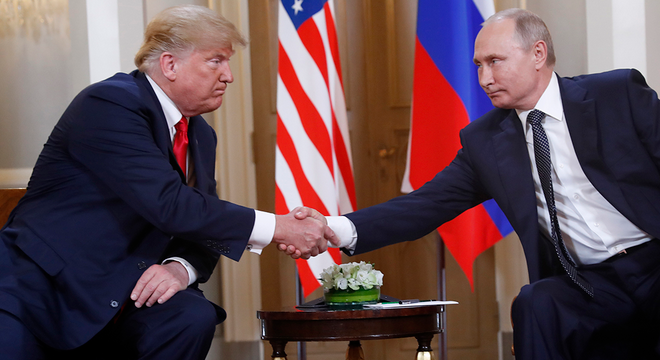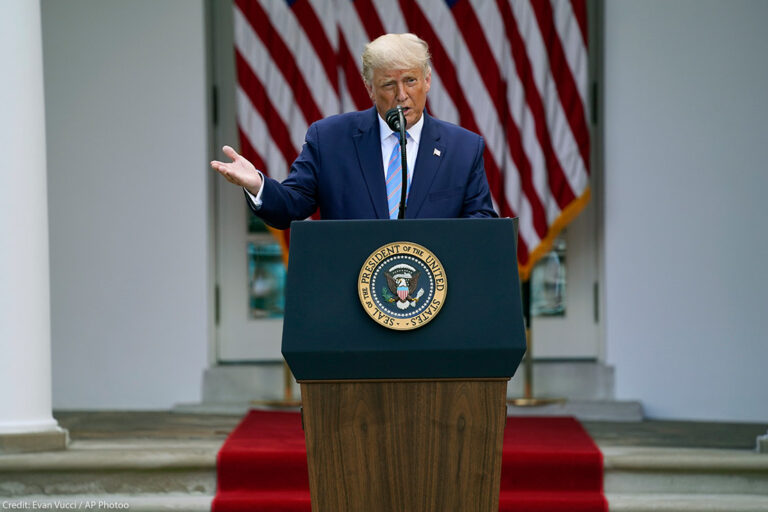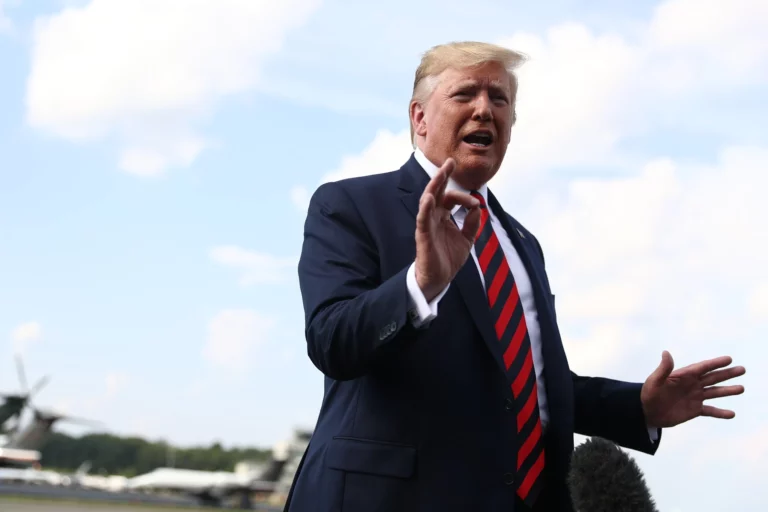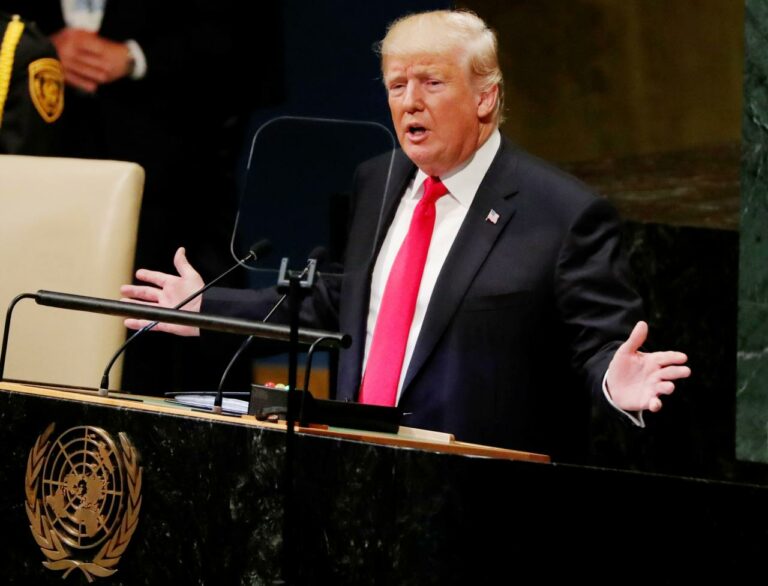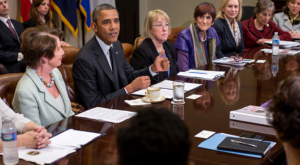Donald Trump’s tenure as the 45th President of the United States brought about significant shifts in U.S. foreign policy, particularly in the realm of international alliances. His “America First” approach aimed at recalibrating global engagements to prioritize American interests. In this article, we will explore the impact of President Trump on international alliances, focusing on key changes, challenges, and their consequences.
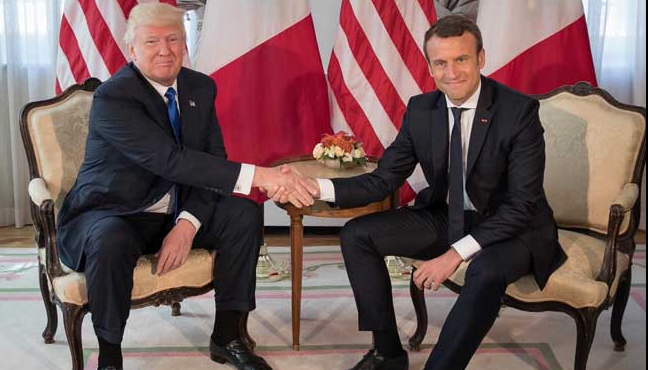
Redefining Priorities
During his presidency, Donald Trump questioned the United States’ commitments to various international alliances. His administration sought to redefine America’s role in the world, emphasizing the importance of securing favourable deals and protecting American interests. This new approach had profound implications for longstanding alliances.
NATO and Burden-Sharing
One of the most prominent international alliances affected by Trump’s presidency was the North Atlantic Treaty Organization (NATO). He demanded that NATO member countries increase their defence spending to meet agreed-upon targets. While this pressure led to some NATO members boosting their contributions, it also strained relations within the alliance.
The Iran Nuclear Deal
Trump’s decision to withdraw from the Joint Comprehensive Plan of Action (JCPOA), commonly known as the Iran Nuclear Deal, fractured an international agreement involving multiple countries. The move strained U.S. relations with European allies who remained committed to the deal, highlighting a divide in international approaches to diplomacy.
Trade Tensions with Allies
Trump’s administration implemented tariffs on steel and aluminium imports from key allies like Canada, Mexico, and the European Union. These trade disputes created tensions within established economic alliances, leading to retaliatory measures and threats of trade wars.
Shift in Alliances
The Trump administration explored new alliances and strengthened relationships with non-traditional partners, notably fostering closer ties with Gulf nations, such as Saudi Arabia and the United Arab Emirates. These shifts signalled a recalibration of priorities towards regional stability and economic interests.
Challenges and Consequences
While President Trump’s approach to international alliances aimed to protect American interests, it also posed several challenges and consequences.
Erosion of Trust
Trump’s unconventional diplomatic style, including his use of Twitter for foreign policy announcements, sometimes eroded trust and predictability in international relations. Allies questioned the stability of their partnerships with the United States.
Multilateral Cooperation
The Trump administration’s emphasis on bilateralism occasionally hindered multilateral cooperation. In issues such as climate change and global health, the U.S. under Trump was less inclined to participate in collaborative efforts, leading to concerns about addressing shared global challenges.
Impact on U.S. Influence
The approach of reassessing international alliances raised questions about the United States’ commitment to global leadership. Some critics argued that this shift diminished America’s influence on the world stage.
Strategic Realignment with Asian Allies
The Trump administration placed a strong emphasis on building strategic alliances in the Indo-Pacific region. This included bolstering relationships with key Asian allies such as Japan and India to counterbalance China’s growing influence. These efforts aimed to promote regional stability and protect U.S. economic interests in the Asia-Pacific.
Nuclear Diplomacy with North Korea
President Trump’s engagement with North Korea, particularly the historic summits with Kim Jong-un, marked a departure from previous administrations’ approaches. While these diplomatic efforts did not result in complete denuclearization, they demonstrated a willingness to engage with adversaries and pursue unconventional pathways to enhance international security.
Security Assistance in Eastern Europe
The Trump administration increased military assistance to Eastern European countries within NATO’s eastern flank. This move aimed to deter Russian aggression and reassure NATO allies in the region. The deployment of additional troops and equipment demonstrated a commitment to collective defence within the alliance.
Conclusion
In conclusion, Donald Trump’s presidency left a significant mark on international alliances. His “America First” approach redefined priorities, strained existing partnerships, and prompted questions about the future of U.S. global leadership. The consequences of these shifts in international relations continue to shape the geopolitical landscape, making the impact of his presidency on international alliances a topic of ongoing analysis and debate.

